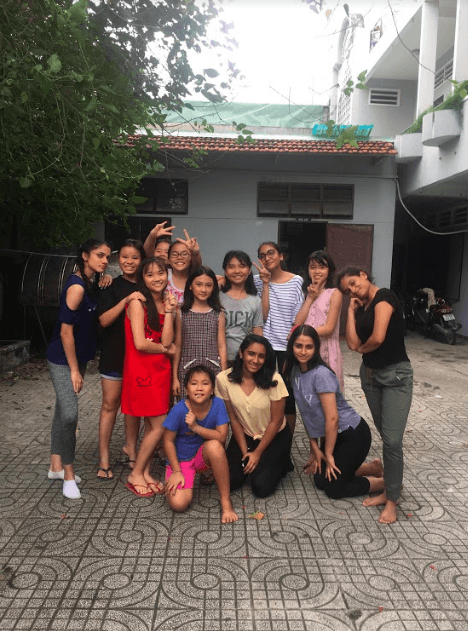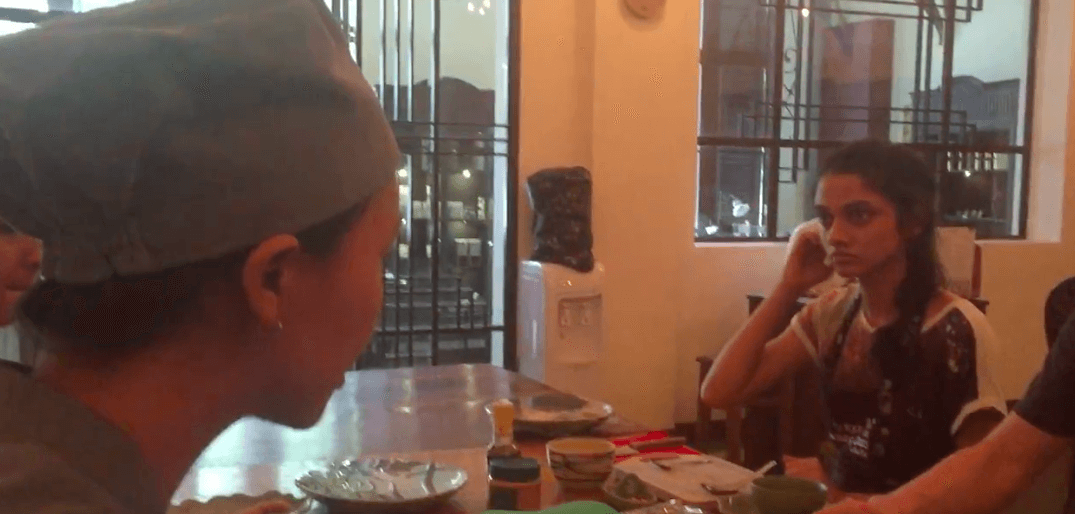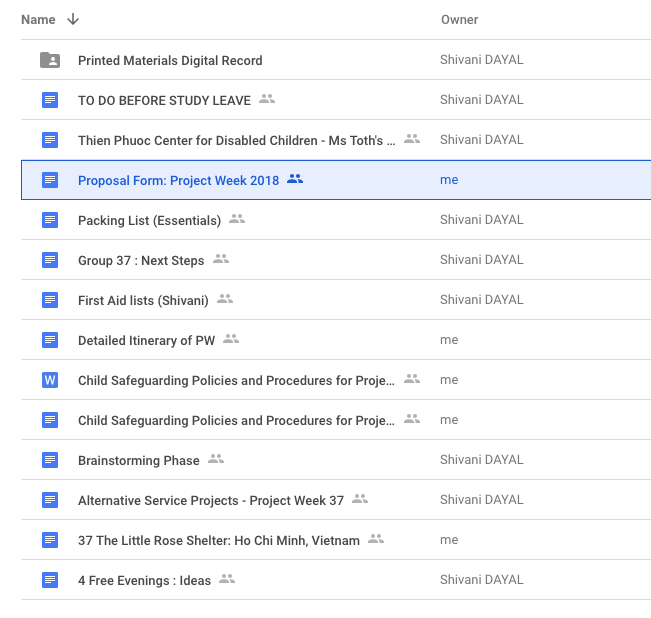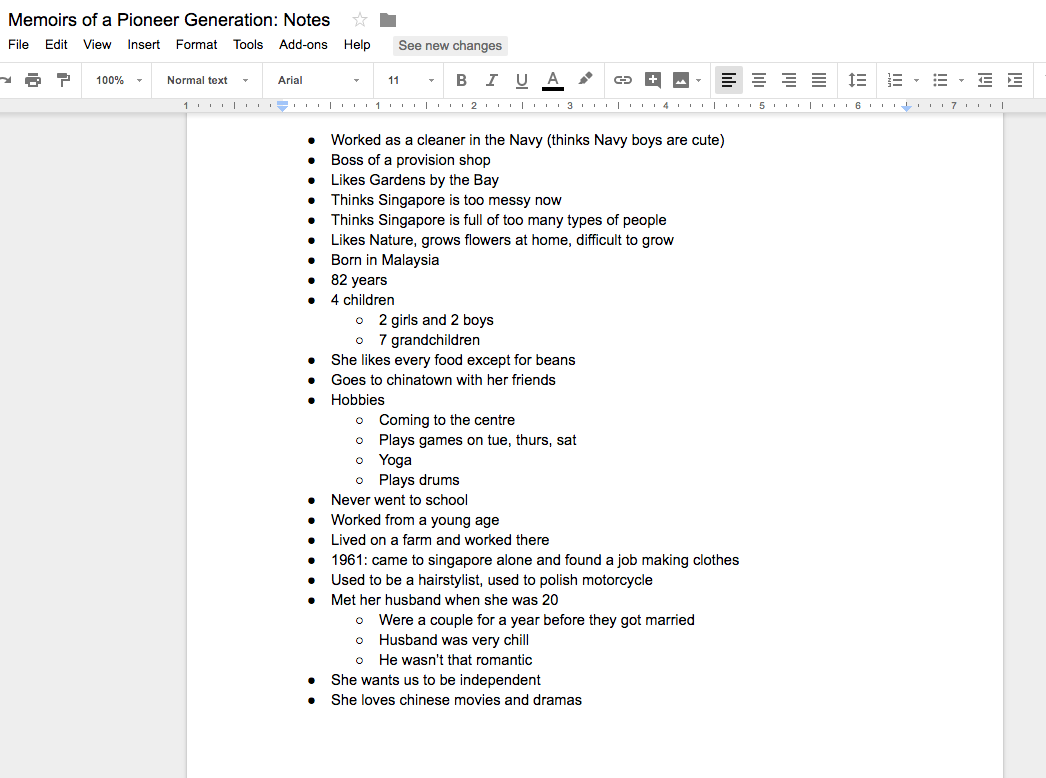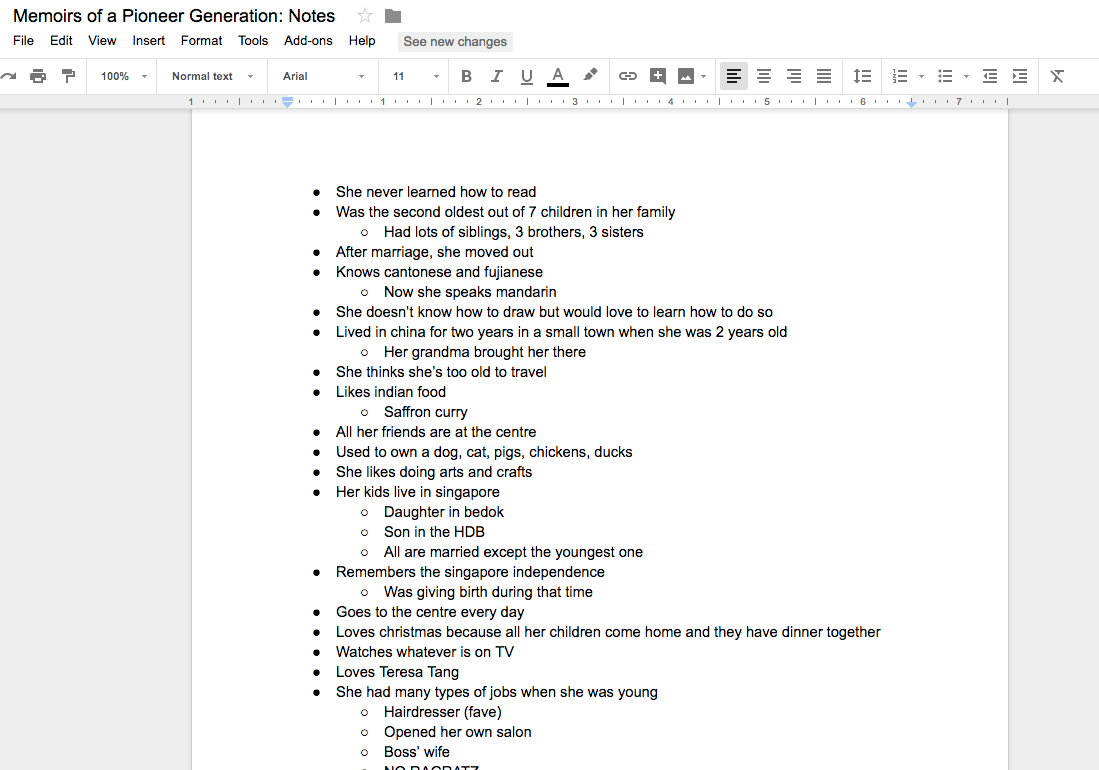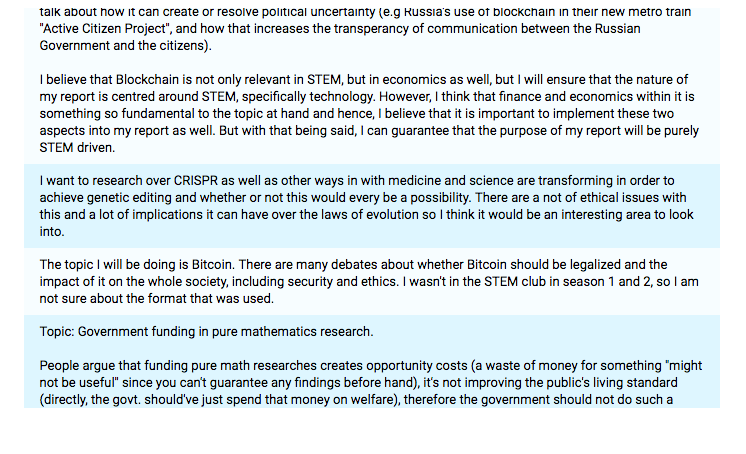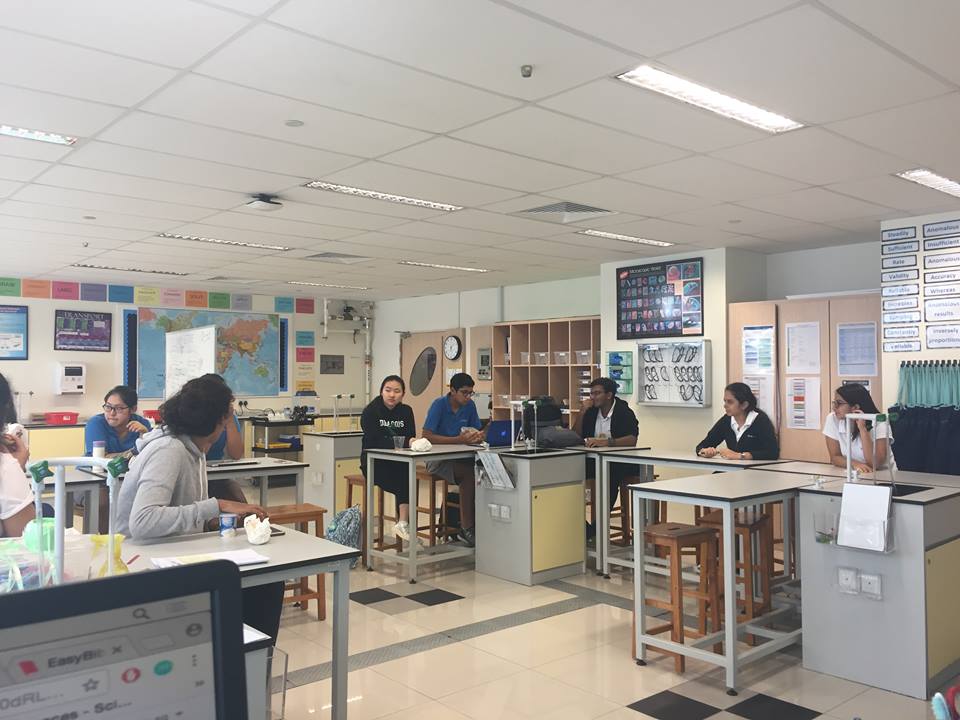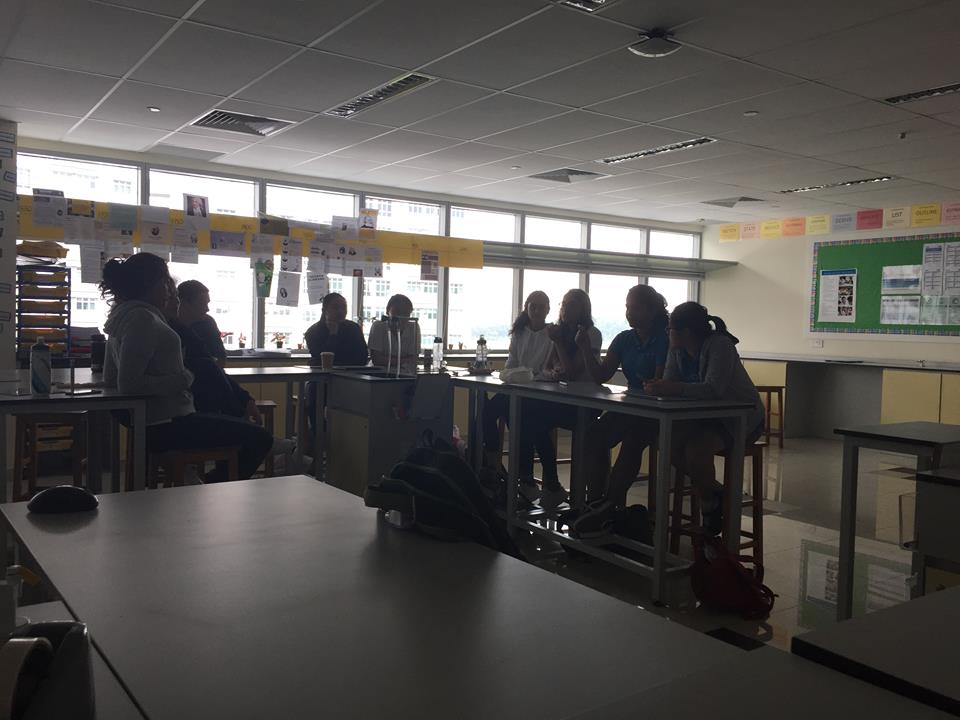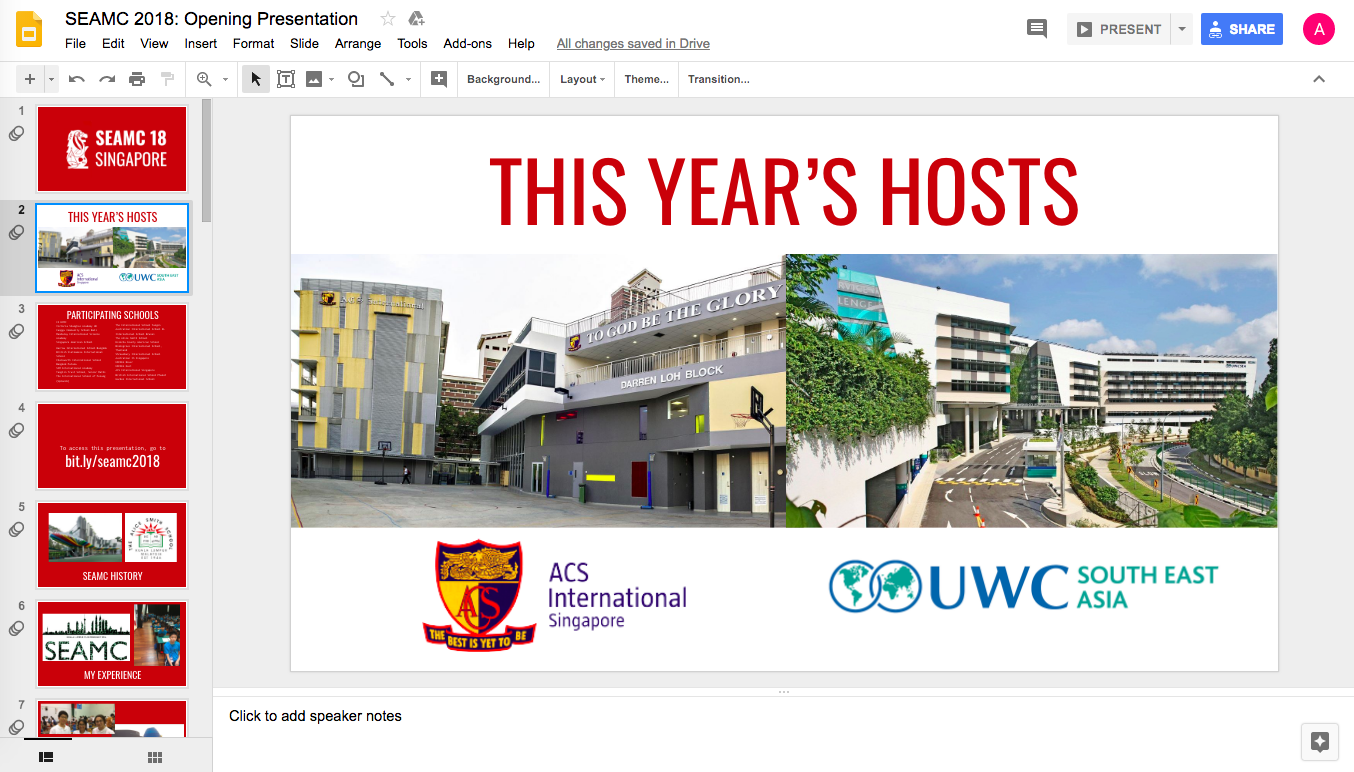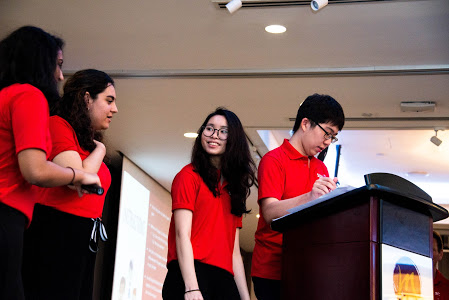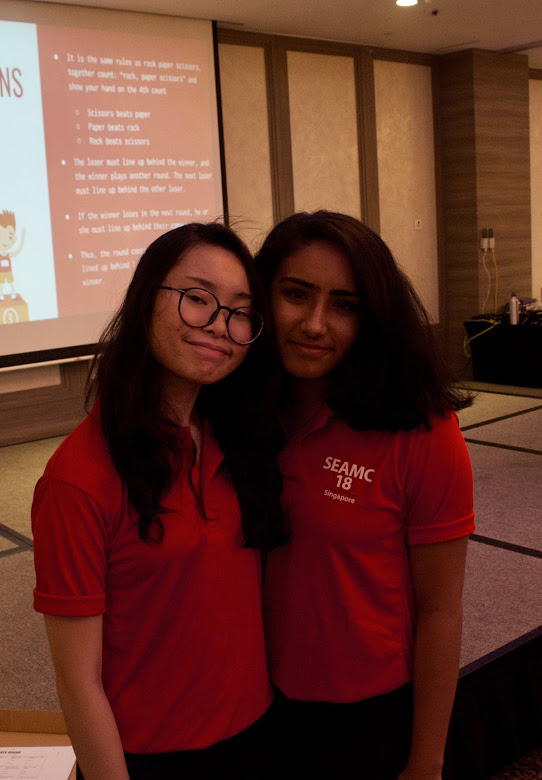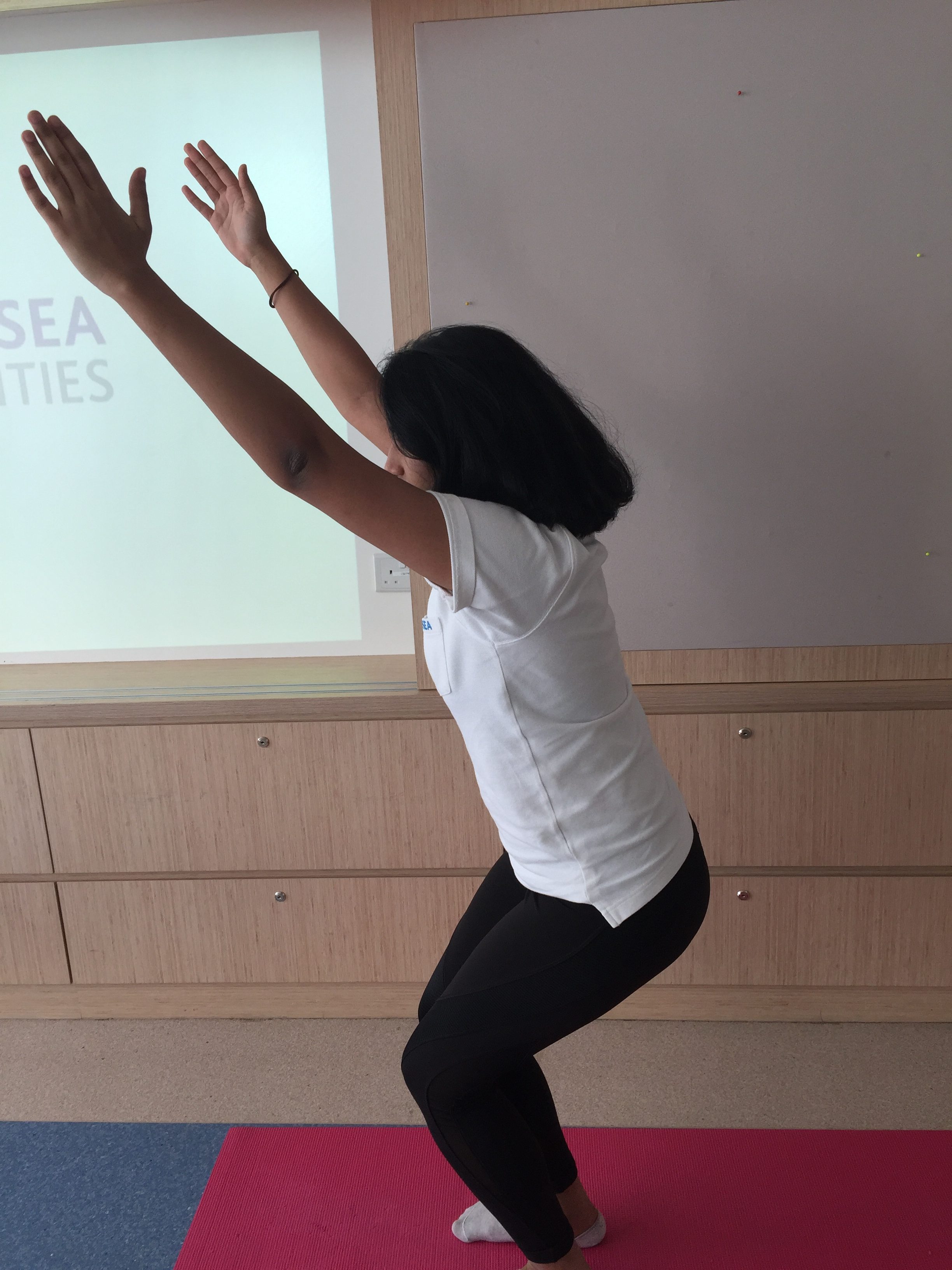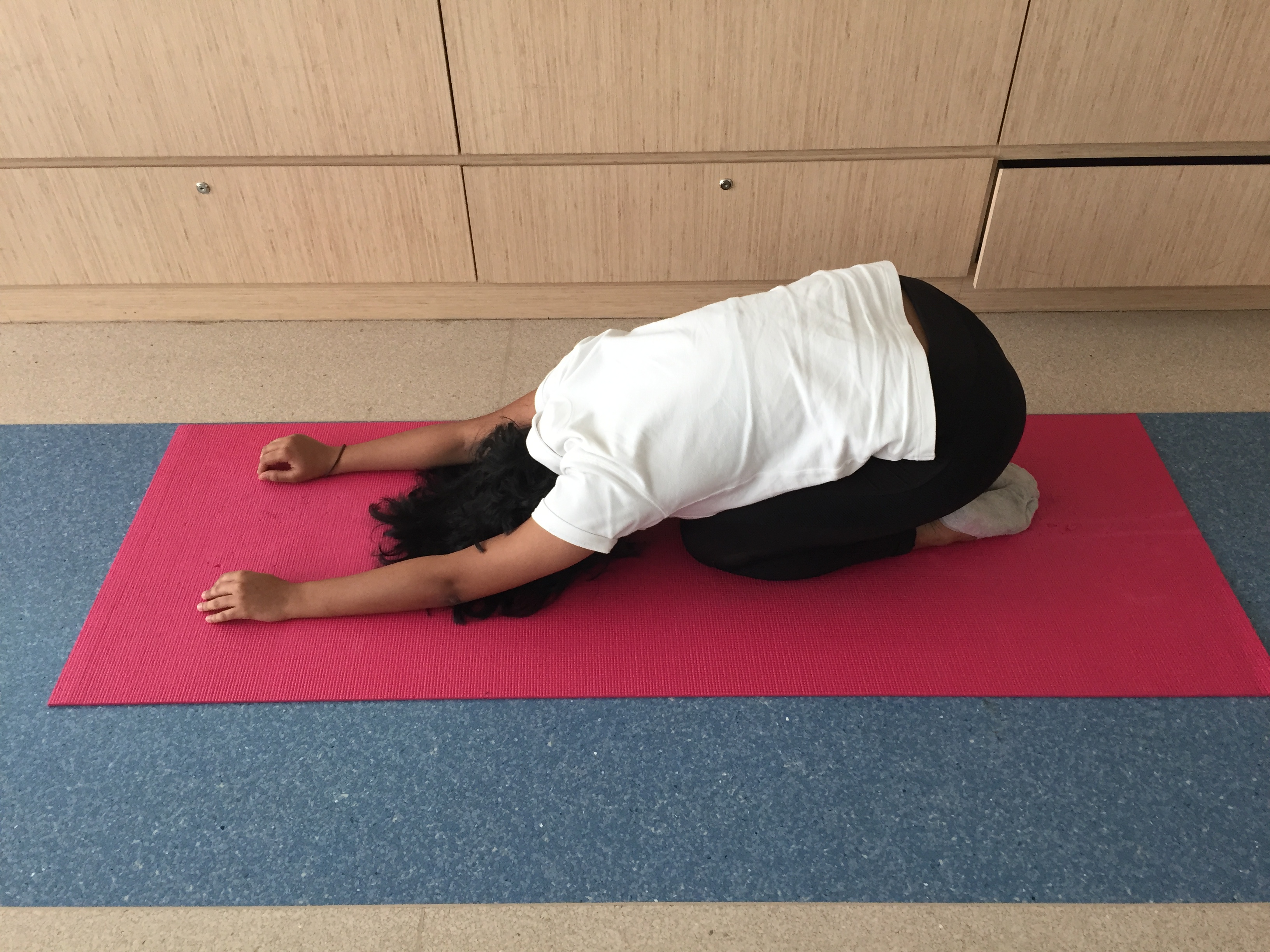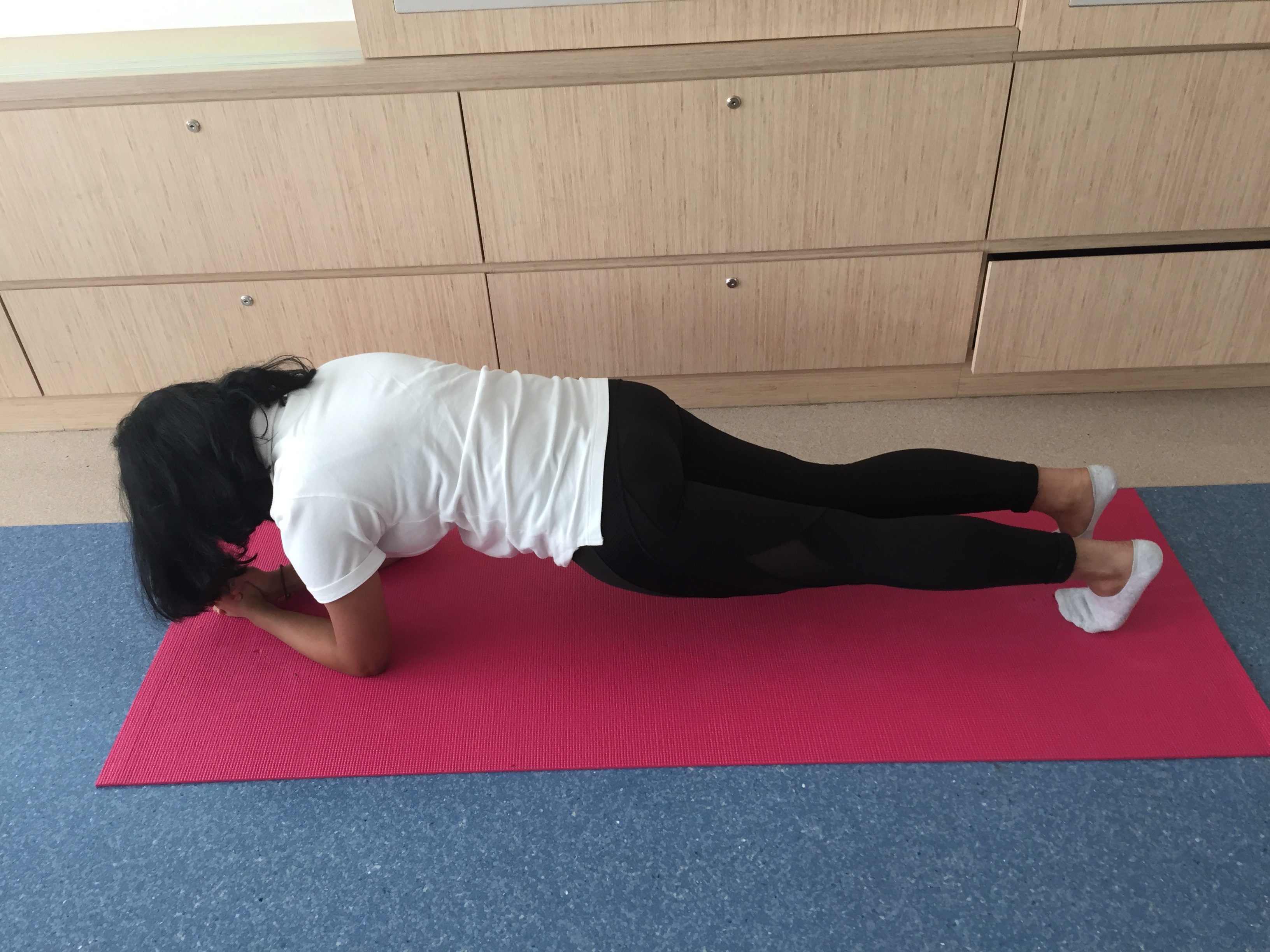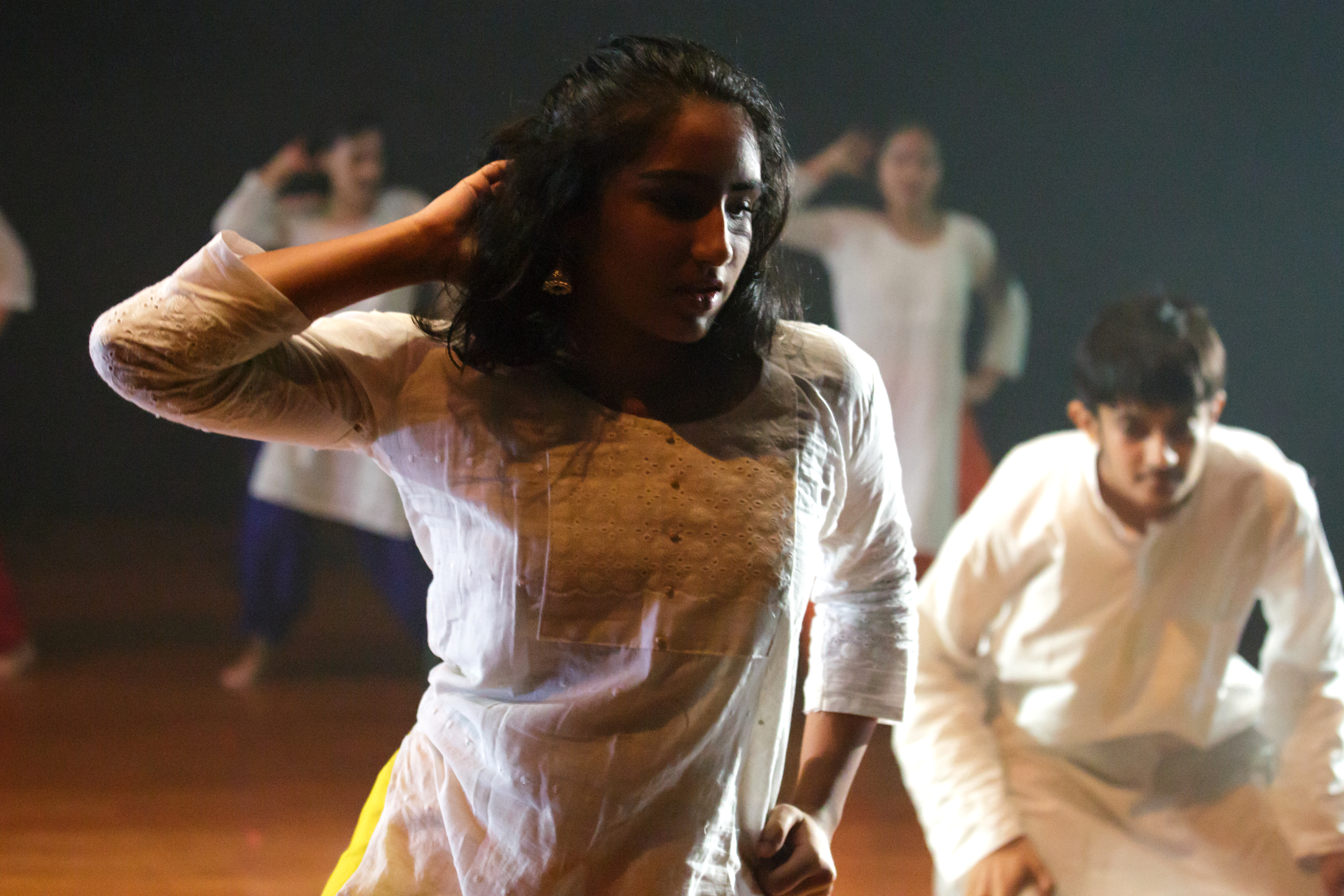LO7-Recognise and consider the ethics implications of choices and actions.
The trip was a success. In the end, we managed to pull together all of our planning and implement it. Something we had to consider during the trip was how we would conduct activities with the girls at the shelter. We wanted to avoid voluntourism – it was important that our actions had a sustainable and lasting impact.
This was why we chose to do recreational activities such as playing sports, dancing, or reading with them rather than something like teaching english. We felt that these activities would allow us to best connect with the girls despite a language barrier while also developing the relationship between this NGO and UWC for future project week groups.
In the end, we also gave the organisation a donation from out of our budget which would be able to fund all the girls’ meals for two months.
During the trip, we also had to acknowledge other ethical considerations such as supporting local businesses. We made sure to eat in local restaurants with mostly traditional Vietnamese food rather than international food chains.
Ultimately, I felt that this experience really made us far more independent, resilient, and aware of the consequences our actions can have on others.

